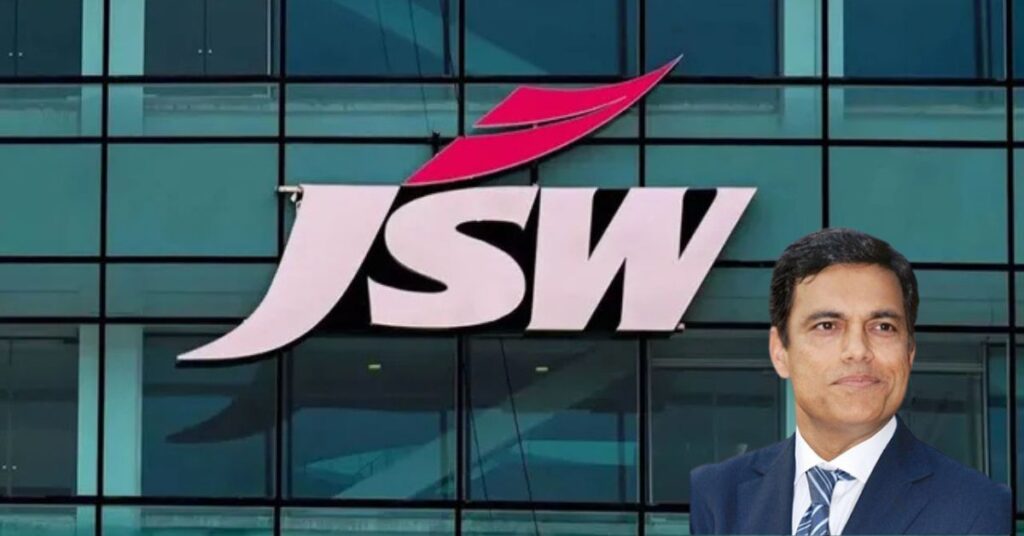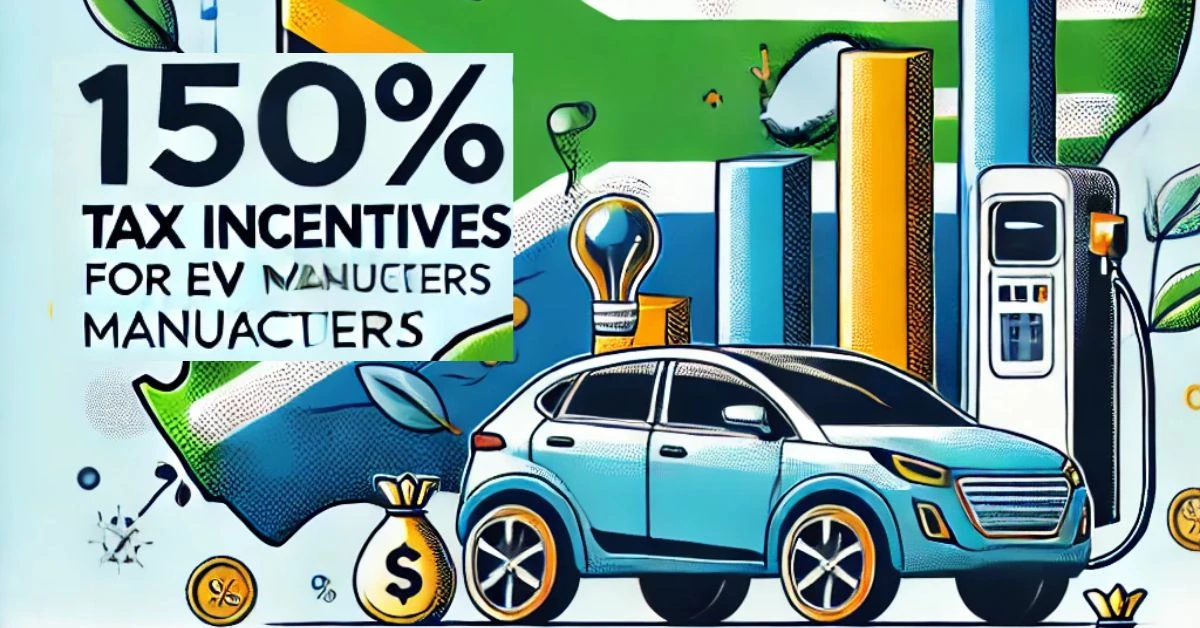JSW Group Set to Launch Make in India EV Brand Soon
JSW Group, one of India’s leading steel manufacturers, is preparing to make a significant entry into the electric vehicle (EV) market. The company plans to launch its homegrown EV brand under the “Make in India” initiative. This move follows their $1.5 billion joint venture with China’s SAIC Motor, the parent company of Morris Garages (MG), to manufacture and sell electric vehicles in India. With this strategic shift, JSW aims to challenge established players such as Tata Motors, Mahindra, and Hyundai.
Table of Contents
Why JSW’s Move is Significant for the EV Industry
JSW’s decision to introduce its EV brand is seen as a clear indication of its ambitions to expand in India’s rapidly growing electric vehicle sector. According to JSW Chairperson, Sajjan Jindal, “Our idea is not to be an outpost of a Chinese company to sell products in India. We want to manufacture the products in India, value-add in India, and sell them in India.” This move reflects JSW’s commitment to contributing to India’s self-reliant automotive ecosystem.
Key Plans for the New EV Brand
- Manufacturing Facility in Aurangabad: JSW plans to set up a dedicated EV manufacturing plant in Aurangabad, Maharashtra. This facility will play a central role in producing vehicles for the new brand. JSW has already committed ₹27,200 crore ($3.2 billion) in investment, with plans to create over 5,200 jobs in the region.
- Investment in EV and Commercial Vehicles: The new plant will not only focus on passenger EVs but will also include commercial vehicles, further strengthening JSW’s position in the Indian EV market.
- Competitive Edge in the Market: By launching its own brand, JSW aims to compete with prominent names like Tata Motors and Mahindra. This step will position JSW as a key player in India’s electric vehicle market, which is witnessing increasing demand, especially among affluent buyers.
JSW’s Recent Ventures in the EV Space
A Strategic Partnership with SAIC Motor
Earlier this year, JSW took a 35% stake in MG Motor India from SAIC Motor. This collaboration helped MG Motors continue its operations in India despite facing difficulties with funding due to India’s stringent regulations on Chinese investments. These restrictions, imposed after the 2020 border clashes between India and China, created challenges for foreign companies, particularly those from China, seeking to invest in the Indian market.
Through this partnership, JSW has already made notable strides in the EV market. In November 2024, JSW MG Motor India achieved 6,019 wholesale units in sales, a 20% increase from the previous year. Impressively, 70% of these sales were from electric vehicles, with the MG Windsor crossover EV leading the pack.
Why “Make in India” Matters for JSW Group

A Focus on Local Manufacturing
JSW’s commitment to the “Make in India” initiative is central to its EV strategy. By manufacturing EVs locally, JSW aims to contribute to India’s goal of reducing reliance on imported vehicles while creating jobs and boosting the local economy.
Chairman Sajjan Jindal has emphasized this vision, stating, “We want to manufacture the products in India, value-add in India, and sell in India.” This aligns with Prime Minister Narendra Modi’s push to promote local manufacturing and innovation, ensuring that the products are tailored to Indian consumers.
Job Creation and Economic Boost
JSW’s planned investment is expected to generate significant employment opportunities. The establishment of the Aurangabad plant will create over 5,200 jobs, further contributing to the economic development of Maharashtra and the broader region.
Competitors in the Indian EV Market
India’s electric vehicle market is becoming increasingly competitive, with major players already established. Companies like Tata Motors, Mahindra & Mahindra, Hyundai, and Ola Electric have carved out significant shares. JSW’s entry into the market will add a new dimension to the competition, pushing existing players to innovate and expand their EV offerings.
Current Market Dynamics
- Tata Motors is one of the largest producers of electric cars in India, with models like the Nexon EV dominating the market.
- Mahindra continues to lead the electric commercial vehicle segment, with a focus on electric SUVs and trucks.
- Hyundai is investing heavily in electric mobility, with models like the Kona Electric gaining popularity.
- Ola Electric is revolutionizing the two-wheeler segment, offering affordable EV solutions.
JSW’s unique approach and local manufacturing will be key factors in determining its success in this competitive landscape.
Future Prospects of the Indian EV Market
The future of the Indian EV market looks promising, with the government’s push for electric mobility gaining momentum. Initiatives like the FAME (Faster Adoption and Manufacturing of Hybrid and Electric Vehicles) scheme are helping accelerate the adoption of electric vehicles, although full-size EV adoption remains relatively slow.
According to S&P Global Mobility, electric vehicles currently account for just 2% of India’s total passenger car sales, translating to about 100,000 units annually. However, rising interest among affluent buyers and the growing number of EV models will likely drive up sales in the coming years.
Conclusion
JSW Group’s entry into the Indian electric vehicle market marks a turning point in the country’s transition to greener, more sustainable transportation. By focusing on manufacturing EVs in India under the “Make in India” initiative, JSW is positioning itself as a formidable player in the competitive EV space. With its investment in local production, job creation, and the launch of its own EV brand, JSW is poised to make a lasting impact on the Indian automotive market.
Read more: Hero MotoCorp – Zero Motorcycle Launch Affordable Electric Bike Soon
FAQs:
What is the significance of JSW’s Make in India EV brand?
JSW Group’s Make in India EV brand represents a shift toward local production, aligning with India’s Make in India initiative while providing a sustainable mobility solution tailored for Indian consumers.
Where is JSW’s EV manufacturing facility being set up?
JSW is setting up its EV manufacturing hub in Aurangabad, Maharashtra, which will produce electric vehicles and create over 5,000 jobs.
What is the expected investment by JSW in the EV sector?
JSW has committed to investing ₹27,200 crore ($3.2 billion) in the electric vehicle and commercial vehicle manufacturing sector.
Who are JSW’s competitors in the Indian EV market?
JSW will compete with well-established brands in the Indian EV market, including Tata Motors, Mahindra & Mahindra, and Hyundai.
What is the current state of the EV market in India?
The EV market in India is growing steadily, but currently, electric vehicles make up about 2% of the passenger car market.



